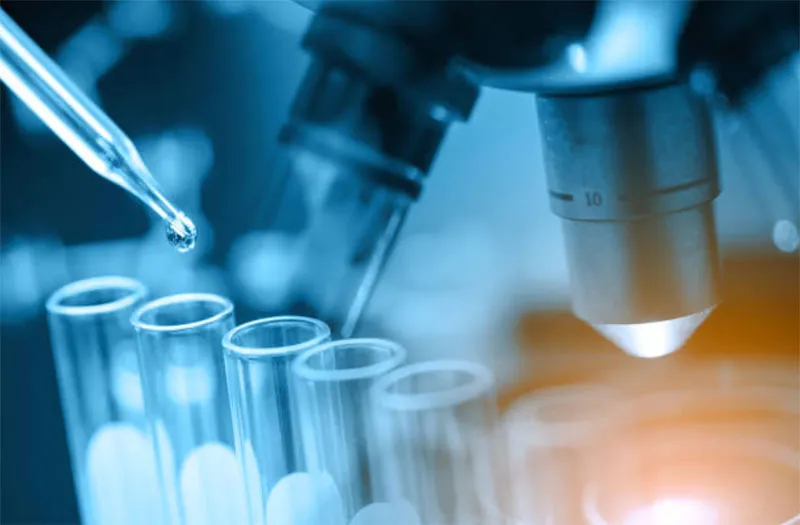When someone mentions fermentation, most people will consider its most well-known product: beer. But fermentation doesn’t just refer to the natural process that creates some of our favorite foods and drinks. Traditional fermentation talk refers to using yeast to convert sugar to carbon dioxide and alcohol.
But pharmaceutical companies also use fermentation to cultivate microorganisms in order to produce therapeutic proteins, enzymes, antibiotics and insulin. To do so companies make use of “Fermenters,” special temperature-controlled tanks, and a precise recipe of concentrated nutrients.
The reintroduction of microbial fermentation, bacterial fermentation, and the associated processes of both provide new opportunities in the pharmaceutical industry. In addition, microbial fermentation may also play an important role in gene editing, conjugates and DNA plasmids in modern vaccine production.
What is Microbial Fermentation?
Microbial fermentation is when metabolic enzymes break down nutrients like sugar and carbohydrates; this happens without the use of oxygen or “anaerobically.” The fermentation process hosts several microorganisms each containing distinct sets of enzymes. It is these enzymes and their byproducts that lead to the unique smell and taste of fermented foods.
In the past, microbial fermentation was commonly used to produce smaller biological drug substances like recombinant proteins and peptides. However, with the emergence of cell-culture systems, attention shifted towards mammalian systems as they were better suited for manufacturing larger proteins and antibodies.
There is renewed interest in fermentation as an effective manufacturing platform, primarily driven by the introduction of smaller, more complex molecules such as bioconjugates, antibody fragments, and other scaffolds.
Microbial fermentation serves as the foundation for producing numerous pharmaceutical drugs and biologics, including vaccines, anti-cancer drugs and hormonal disorder therapies, among others.
How Does Microbial Fermentation Work?
Microbial fermentation is a natural process that occurs in all organisms to some extent. This critical bioprocess breaks down complex biomolecules otherwise known as organic molecules, like carbohydrates, proteins, lipids and nucleic acids. Microbial fermentation breaks these down into simpler building blocks, releasing chemical energy and returning it to the environment. Plants and animals can then use this released energy to build complex organic matter.
When microbial fermentation uses enzymes to digest carbohydrates without oxygen, the broken-down carbohydrates can then be used as a source of ATP (Adenosine triphosphate), the universal energy currency found in all organisms.
Uses of Microbial Fermentation
Microbial fermentation is a process that existed long before humans, dating back at least a billion years. The history of fermentation can be traced back 12,000 years ago when humans began to use it for food preservation specifically lactic acid fermentation. The Egyptians and Sumerians produced beer, wine and bread around 7,000 years ago and the processes were refined over thousands of years.
It was not until the 19th century that Louis Pasteur discovered microorganisms like bacteria and yeasts and proposed a scientific explanation of fermentation. He showed that different organisms produce different end products.
The modern food industry was traditionally the most significant beneficiary of fermentation. Microbes play a vital role in producing essential foods like cheese making them more digestible. Alcoholic beverages such as beer, wine and cider owe their existence to fermentation. Even wellness drinks like kombucha benefit from microbial fermentation.
Innovations in fermentation have led to the development of processes for producing pharmaceuticals and using microbial cultures as tools for basic research. A great example is fermenting plant matter to produce fuels like bio-ethanol which could be a way to move closer to energy sustainability and shift away from using fossil fuels as an energy source.
Researchers continue to show renewed interest in microbial fermentation, particularly in the biopharmaceutical industry. The demand for smaller, complex novel molecules such as bioconjugates like antibody-drug conjugates (ADCs) or antibody fragments, drives the need for microbial fermentation in the pharmaceutical industry. While recombinant technology with mammalian cell culture has become very popular in manufacturing highly complex biopharmaceuticals this approach is unnecessary and overpowered for many high-volume bioproducts.
Microbial fermentation is commonly used to produce smaller biologics such as peptides, proteins, nucleic acids and antibody fragments. Compared to mammalian cell culture, microbial fermentation has shorter processing times and lower media costs. Microbes can also be genetically modified to produce high concentrations of the desired biomolecules making them more efficient for producing these biologics.
Conclusion
Microbial fermentation is a long-standing technology that has undergone continued evolution and is now often the most cost-effective method for producing chemical compounds and therapeutic proteins, allowing pharmaceutical companies to reduce production times and time-to-market.
Humans have found uses for fermentation since ancient times. Still today, fermentation has a promising future in both the food industry and therapeutics.

